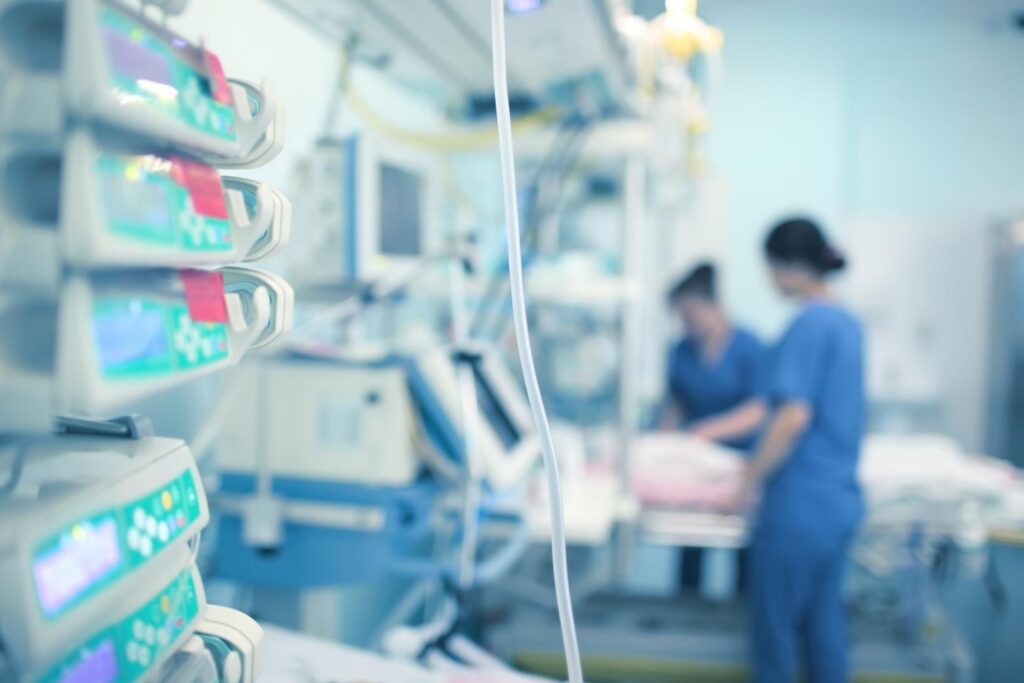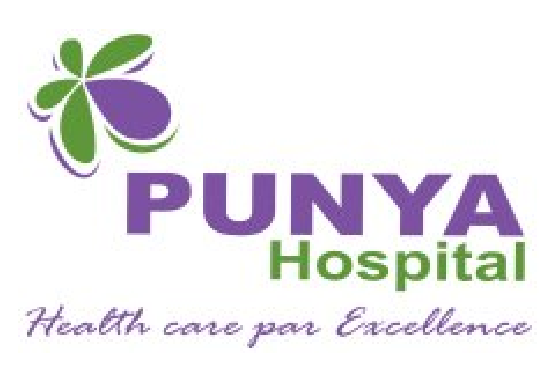Critical Care
Critical Care
People with life-threatening injuries and illnesses need critical care. Critical care involves close, constant attention by a team of specially-trained health professionals. It usually takes place in an intensive care unit (ICU).Problems that might need critical care.We believe in multidisciplinary approach to the management of critically ill patients. The unit has a team of microbiologist, specially-trained nurses, physiotherapists, dieticians, technical, paramedical staff and biomedical engineers who are actively involved in the supportive care of the patients.

We have several quality assurance programmes like audits and CMEs for our doctors. We follow protocols, guidelines and practice of Evidence Based Medicine in the management of various medical conditions.
Critical care treatment include :
- Severe sepsis.
- Multiorgan failure.
- Traumatic injuries.
- Pneumonia.
- Acute respiratory distress syndrome (ARDS).
- All medical emergencies.
- Cardiac emergencies.
- Toxicological emergencies.
- Neurological emergencies.
- Postoperative care for pts with.
Monitors, intravenous (IV) tubes, feeding tubes, catheters, ventilators and other equipment are common in critical care units.
Intensive care unit
Punya Hospital is a center of excellence in the management of critically ill patients. The Department of critical care medicine is dedicated to the best comprehensive and holistic tertiary care of patient at par.
We have currently 11 beds in the ICU that are dedicated to the management of critically ill patients. The state of the art critical care is provided by full time qualified and experienced team of intensivists who strive to stay on the leading edge of medical research and technological advancement. The nursing staffs in our ICU are trained in managing critically ill patient with 1:1 bed ratio.
We have excellent 24×7 back up of a wide range of super specialty services such as pathology and microbiology lab, imaging services, transfusion medicine and physiotherapy services and medical social worker for counselling the patient’s relatives.
The department has the best of infrastructure with the latest and advanced facilities for the treatment of critically ill patients and is comparable to the best in the world. It is equipped with the ventilators for invasive and non-invasive ventilator support, monitoring equipment such as Invasive and non-invasive advanced cardiac monitoring including PA catheters and PICCO, IABP etc., central venous pressure monitoring, intra cranial pressure monitoring and continuous renal replacement therapy for patients with renal failure.
Coronary Care Unit
Cardiac or the Coronary Care is a service that provides ‘intensive’ nursing and medical care for patients with suspected or proven Myocardial Infarctions (heart attack). Patients are usually admitted directly to Cardiac Care where they are assessed and an appropriate treatment plan is put in place.
Patients admitted are those suffering from Myocardial Infarctions (heart attack), rhythm disturbances, heart failure and general chest pain. This service is provided when a General Practitioner or paramedics attend a patient in the community and feel he/she requires the attention of the cardiac team.
Cardiac Rehabilitation Services
A service where nurses see patients in Hospital following a heart attack and offer them education on the risk factors which have caused their heart attack.
Cardiac Arrest Team/Code Blue Team
A team which will attend any ward in the Hospital where a patient is having a cardiac arrest. The Code Blue Team at Punya Hospital provides comprehensive care for medical patients who require specialist monitoring and for patients with cardiac conditions.
In addition to the acute care provided, the department also provides a range of services covering all aspects of care from pre-admission through to discharge and after. These services include:
- Cardiac Rehabilitation Service.
- Angina Outreach Service.
- Heart Failure Service.
- 24 hour helpline.
- Resuscitation training.
- Cardiac Support Group.
- Day Procedure Service also.


